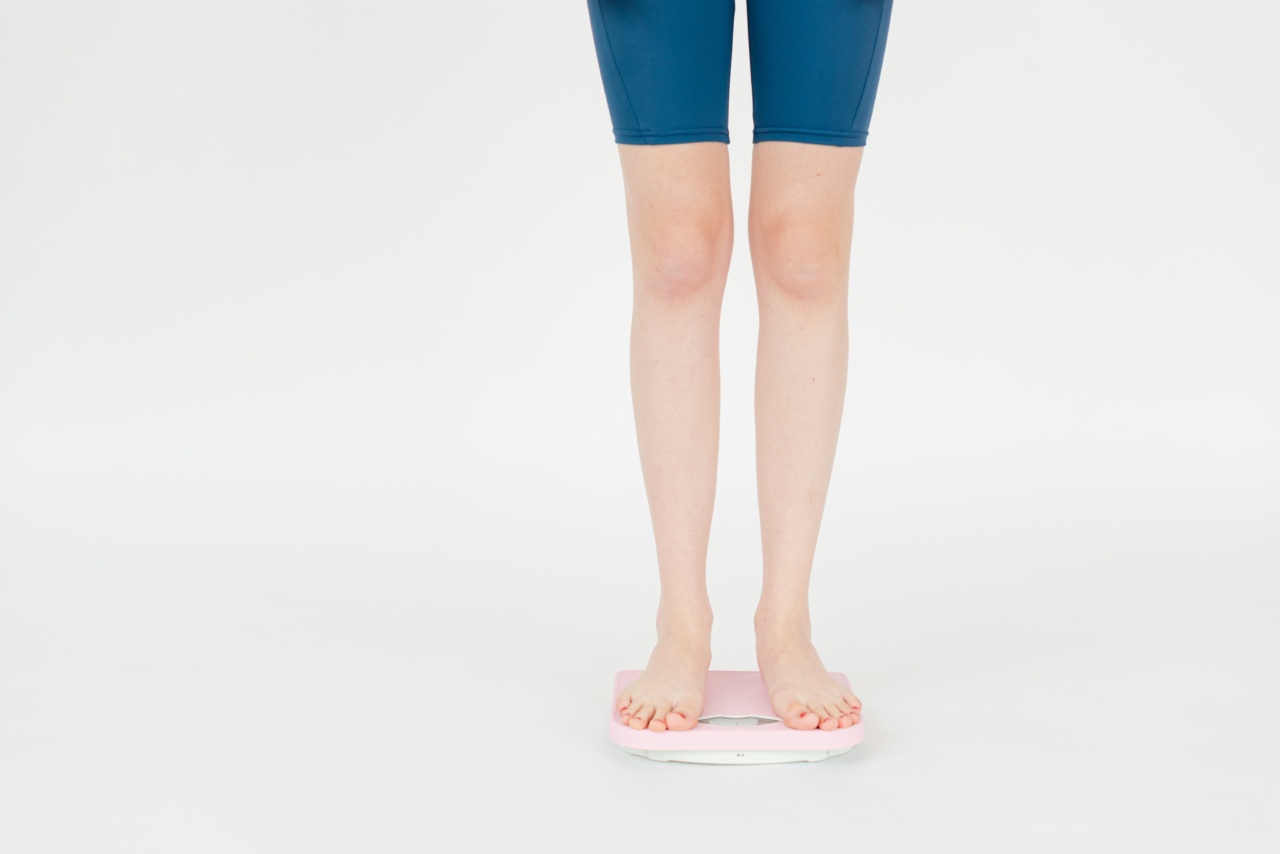Hypertension, or high blood pressure, is a common condition that affects millions of people around the world. It puts extra strain on the heart and blood vessels, which can lead to serious health problems if left untreated.
There are several factors that contribute to hypertension, including diet, lifestyle, and genetics. However, there are also plenty of lifestyle changes that you can make to keep your blood pressure in check. In this article, we’ll go over some of the most effective ways to avoid hypertension and maintain a healthy blood pressure.
Eat a Healthy Diet
One of the key contributors to hypertension is a diet that is high in sodium and processed foods. To keep your blood pressure in check, it’s important to eat a healthy diet that is rich in fruits, vegetables, whole grains, and lean proteins.
You should also limit your intake of processed foods, sugary drinks, and foods that are high in sodium. Some foods that are particularly good for reducing blood pressure include:.
- Leafy greens such as spinach, kale, and collard greens
- Berries, especially blueberries and strawberries
- Garlic and onions
- Fatty fish like salmon and tuna
- Low-fat dairy products such as milk and yogurt
Lose Weight
Another factor that contributes to hypertension is being overweight or obese. If you are carrying extra weight, losing even a little bit can have a big impact on your blood pressure.
In fact, losing just 5-10% of your body weight can significantly reduce your blood pressure. To lose weight, you should focus on eating a healthy, balanced diet and getting regular exercise. This can help you burn more calories and build muscle, which can boost your metabolism and help you lose weight more effectively.
Exercise Regularly
Regular exercise is another important lifestyle change that can help you keep your blood pressure in check.
It’s recommended that adults get at least 150 minutes of moderate-intensity exercise per week, which can include activities such as brisk walking, cycling, swimming, or dancing. Exercise can help you maintain a healthy weight, improve your cardiovascular health, and reduce stress, all of which can help lower your blood pressure.
Reduce Stress
Speaking of stress, chronic stress can also contribute to hypertension. When you’re stressed, your body produces hormones that can constrict the blood vessels and raise your blood pressure.
To reduce stress, you should try to incorporate relaxation techniques into your daily routine. This can include activities such as yoga, meditation, deep breathing, or progressive muscle relaxation. You should also make time for hobbies and activities that you enjoy, such as reading, gardening, or spending time with friends.
Limit Alcohol Consumption
Drinking too much alcohol can also raise your blood pressure. While moderate alcohol consumption (up to one drink per day for women and up to two drinks per day for men) is generally considered safe, drinking more than that can lead to hypertension.
If you already have hypertension, you should consider limiting your alcohol intake even further. You can also try swapping out alcoholic drinks for non-alcoholic alternatives, such as club soda or fruit juice.
Avoid Smoking
Finally, smoking is another major contributor to hypertension. When you smoke, the chemicals in tobacco can cause your blood vessels to narrow, which can raise your blood pressure.
If you’re a smoker, quitting can be one of the most effective ways to lower your blood pressure and improve your overall health. There are many resources available to help you quit smoking, including nicotine replacement therapy, medication, and support groups.
Conclusion
Hypertension is a serious condition that can lead to a range of health problems, from heart disease to stroke.
However, by making some simple lifestyle changes, you can keep your blood pressure in check and reduce your risk of developing these conditions. Eating a healthy diet, getting regular exercise, reducing stress, limiting alcohol consumption, and avoiding smoking are all effective ways to maintain a healthy blood pressure.
If you’re concerned about your blood pressure, speak to your doctor or a qualified healthcare professional for more information.




























